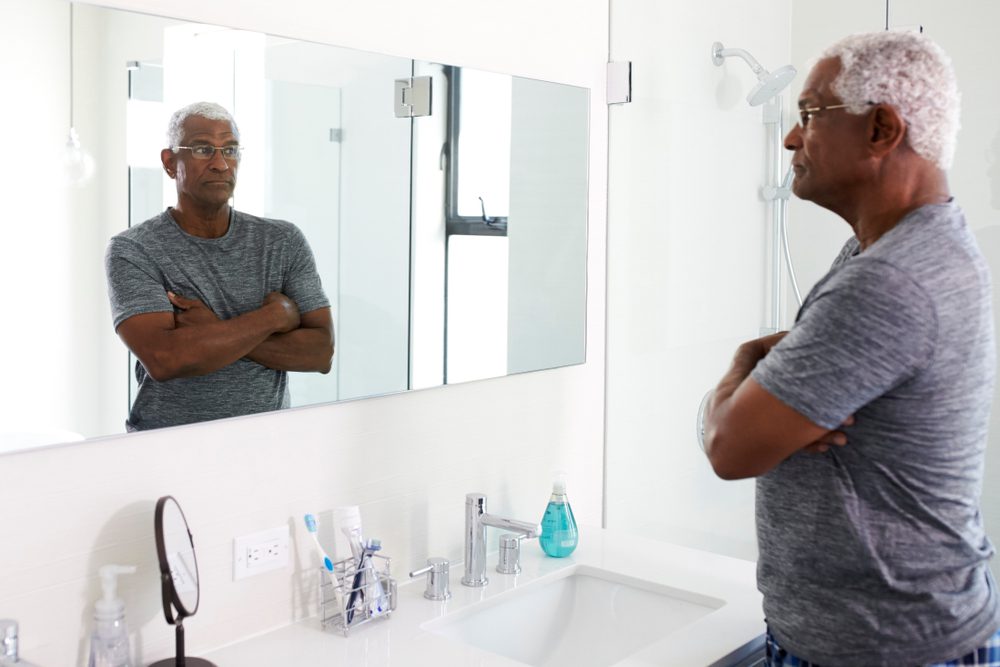Dementia presents a profound challenge, impacting millions globally by gradually eroding memory, cognitive functions and daily life. Detecting the signs of dementia in a loved one necessitates immediate medical attention. A physician’s assessments are pivotal in diagnosing and comprehending the scope of cognitive decline. This comprehensive guide explores the pivotal tests and evaluations involved in the diagnostic process for dementia.
When suspicions arise regarding a family member’s cognitive health, proactive measures become imperative. Seeking professional guidance can provide clarity and support for both the individual and their family. Through a series of specialized evaluations and tests, health care practitioners endeavor to unravel the complexities of dementia, facilitating an accurate diagnosis and paving the way for appropriate management strategies. Understanding these crucial diagnostic steps empowers families to navigate the challenges of dementia with knowledge and preparedness.
Understanding Dementia
Before delving into the diagnostic tests, understanding dementia is essential. It’s not a singular disease but a term encompassing various conditions that cause cognitive impairment, affecting memory, thinking, behavior and the ability to perform everyday tasks. Alzheimer’s disease, vascular dementia, Lewy body dementia and frontotemporal dementia are among the most common types.
Diagnostic Process
When someone exhibits signs of memory loss or cognitive decline, consulting a healthcare professional is vital. Doctors typically begin with a comprehensive evaluation, including:
1. Medical History and Physical Examination: The doctor will inquire about symptoms, medical history and medications and will perform a physical exam to assess overall health and neurological function.
2. Cognitive and Neuropsychological Tests: These tests assess memory, language, attention, problem-solving and other cognitive functions. The Mini-Mental State Examination (MMSE) and Montreal Cognitive Assessment (MoCA) are commonly used to evaluate cognitive abilities.
3. Laboratory Tests: Blood tests help rule out other conditions that may mimic dementia symptoms, such as thyroid issues or vitamin deficiencies.
4. Brain Imaging: Imaging tests like MRI or CT scans can reveal brain changes associated with dementia, such as shrinkage or the presence of abnormal structures.
5. Psychiatric Evaluation: Assessing mental health and ruling out conditions like depression, which can mimic or worsen dementia symptoms, is essential.
The Role of Family in Diagnosis
Family members often play a crucial role in the diagnostic process. They provide valuable insights into changes in behavior or cognition that may not be immediately evident during a doctor’s visit. Collaborating with health care providers and sharing observations can aid in a more accurate diagnosis.
Seeking Support and Care
Receiving a dementia diagnosis can be overwhelming for both the individual and their family. However, early diagnosis allows for better planning and access to available support services and treatments that can help manage symptoms and enhance quality of life.
In the journey of confronting dementia, timely recognition of its signs and swift medical intervention form the cornerstone of effective management. Doctors utilize a multifaceted approach, amalgamating medical history, cognitive evaluations, advanced imaging techniques and comprehensive assessments to render precise diagnoses. This diligent diagnostic process not only unravels the complexities of dementia but also lays the groundwork for tailored care strategies.
Early detection is a powerful tool. It not only allows for timely interventions but also opens doors to a spectrum of support services, treatments and lifestyle modifications that can significantly impact the progression of the condition. Families and caregivers armed with knowledge gleaned from understanding the diagnostic landscape become equipped to navigate the intricate terrain of dementia with enhanced resilience and adaptability.
Moreover, embracing an early diagnosis fosters a proactive stance. It empowers individuals and their support networks to embark on a journey of proactive management, fostering a holistic approach to well-being. While dementia poses formidable challenges, an early grasp of its presence enables the formulation of strategies that promote cognitive health and enhance overall quality of life for both the individual and their loved ones.
By harnessing the insights gained from the diagnostic process, individuals embolden themselves to confront the condition head-on, forging pathways toward improved well-being and resilience in the face of dementia’s challenges.
This story was created using AI technology.











